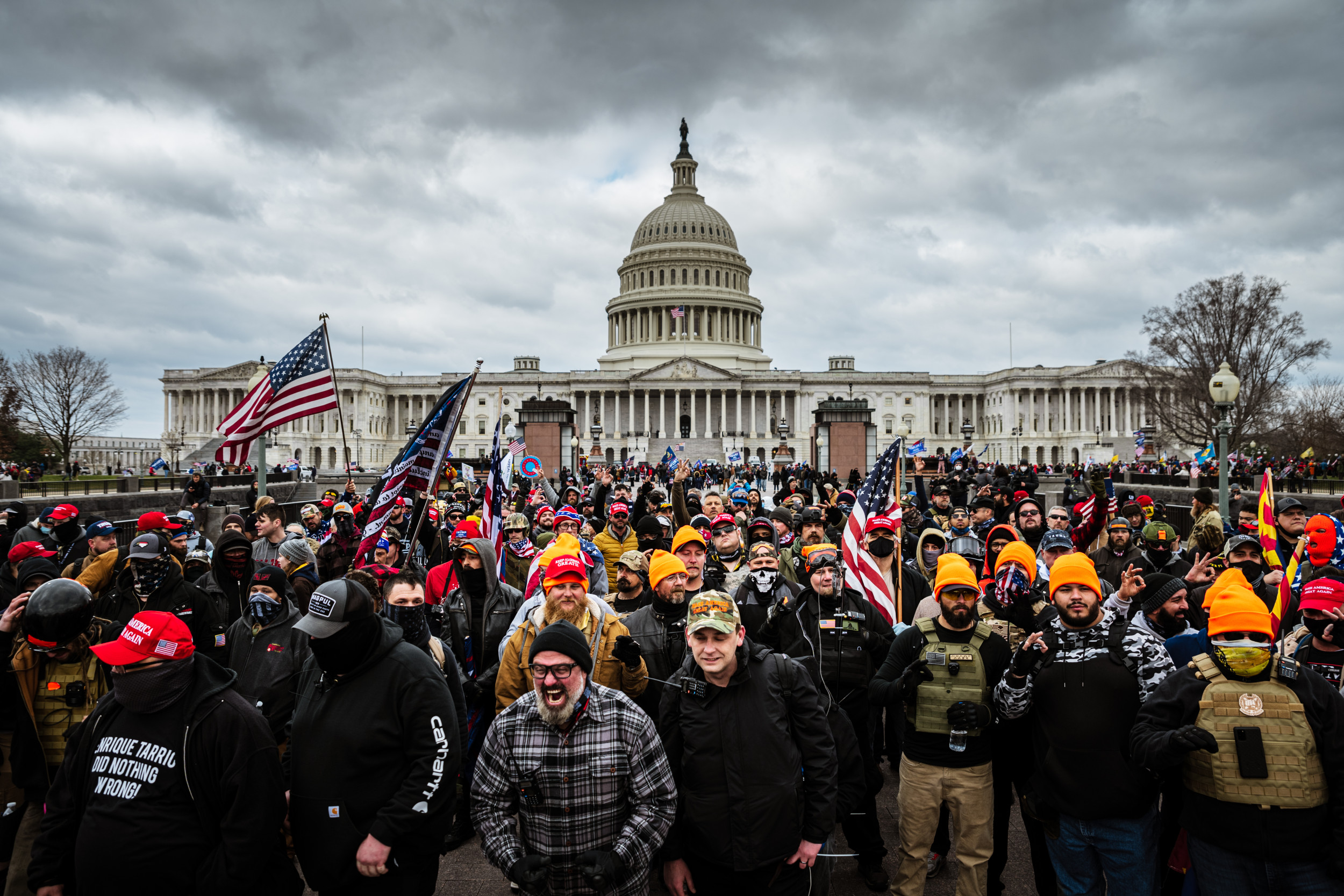
Jan. 6 Rioters Given Presidential Pardons, Released From D.C. Jail: A Complex and Controversial Issue
On December 23, 2022, former President Donald Trump granted clemency to four people who were convicted of participating in the January 6, 2021 attack on the U.S. Capitol. The pardons, which were widely criticized by Democrats and some Republicans, have raised a number of complex and controversial issues.
The Pardons
The four people who received pardons were:
- Kristen Clarke, a former Trump campaign aide who pleaded guilty to a misdemeanor charge of entering and remaining in a restricted building.
- Ken Chesebro, a Florida man who pleaded guilty to a misdemeanor charge of disorderly conduct in a Capitol building.
- Dustin Stockton, an Indiana man who pleaded guilty to a felony charge of assaulting a police officer during the riot.
- Brandon Straka, a former pro-Trump activist who pleaded guilty to a misdemeanor charge of disorderly conduct in a Capitol building.
The Reaction
The pardons were met with widespread criticism from Democrats and some Republicans. Many critics argued that the pardons were a slap in the face to the victims of the riot and that they would encourage future violence. Some also questioned whether the pardons were legal, given the fact that the rioters had pleaded guilty to their crimes.
Supporters of the pardons argued that they were a necessary step to heal the nation and move on from the events of January 6. They also said that the rioters had been punished enough and that they deserved a second chance.
The Legal Issues
The legality of the pardons is a complex issue. Some legal experts argue that the pardons are unconstitutional, because they violate the separation of powers between the executive and judicial branches of government. Others argue that the pardons are legal, because the president has the authority to grant clemency to anyone convicted of a federal crime.
The Supreme Court has not yet ruled on the legality of the pardons. However, the Court has ruled in the past that the president's power to grant clemency is "absolute." This means that the president can pardon anyone for any crime, regardless of the circumstances.
The Political Implications
The pardons have also had a number of political implications. The pardons have further divided the country along partisan lines, and they have made it more difficult for President Joe Biden to unify the country and move on from the events of January 6.
The pardons could also have a negative impact on the Republican Party. The pardons have alienated some moderate and independent voters, and they could make it more difficult for the Republican Party to win elections in the future.
Conclusion
The pardons of the January 6 rioters are a complex and controversial issue. The pardons have raised a number of legal, political, and ethical issues. It is important to consider all of these issues when evaluating the pardons.
The pardons have further divided the country along partisan lines, and they have made it more difficult for President Joe Biden to unify the country and move on from the events of January 6.
